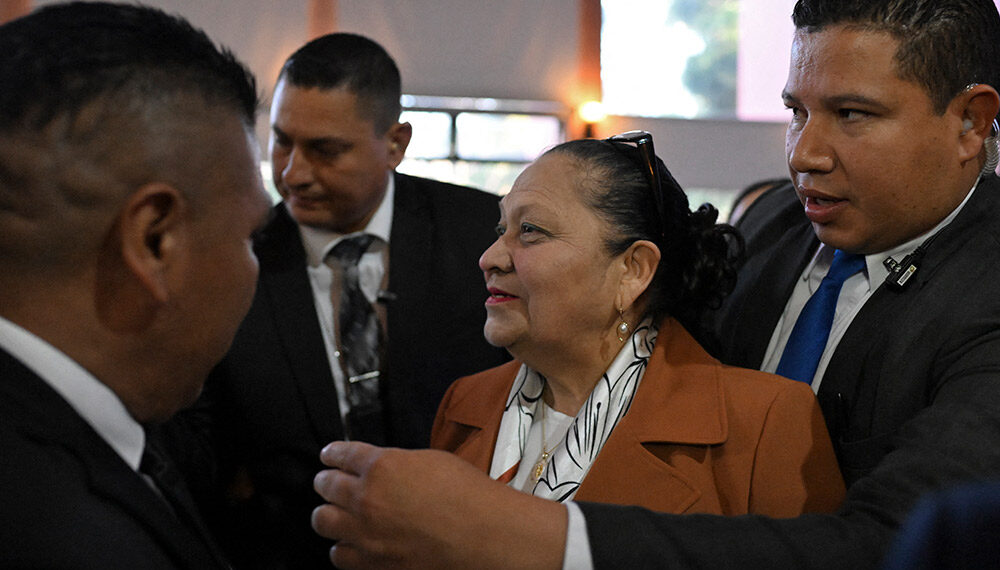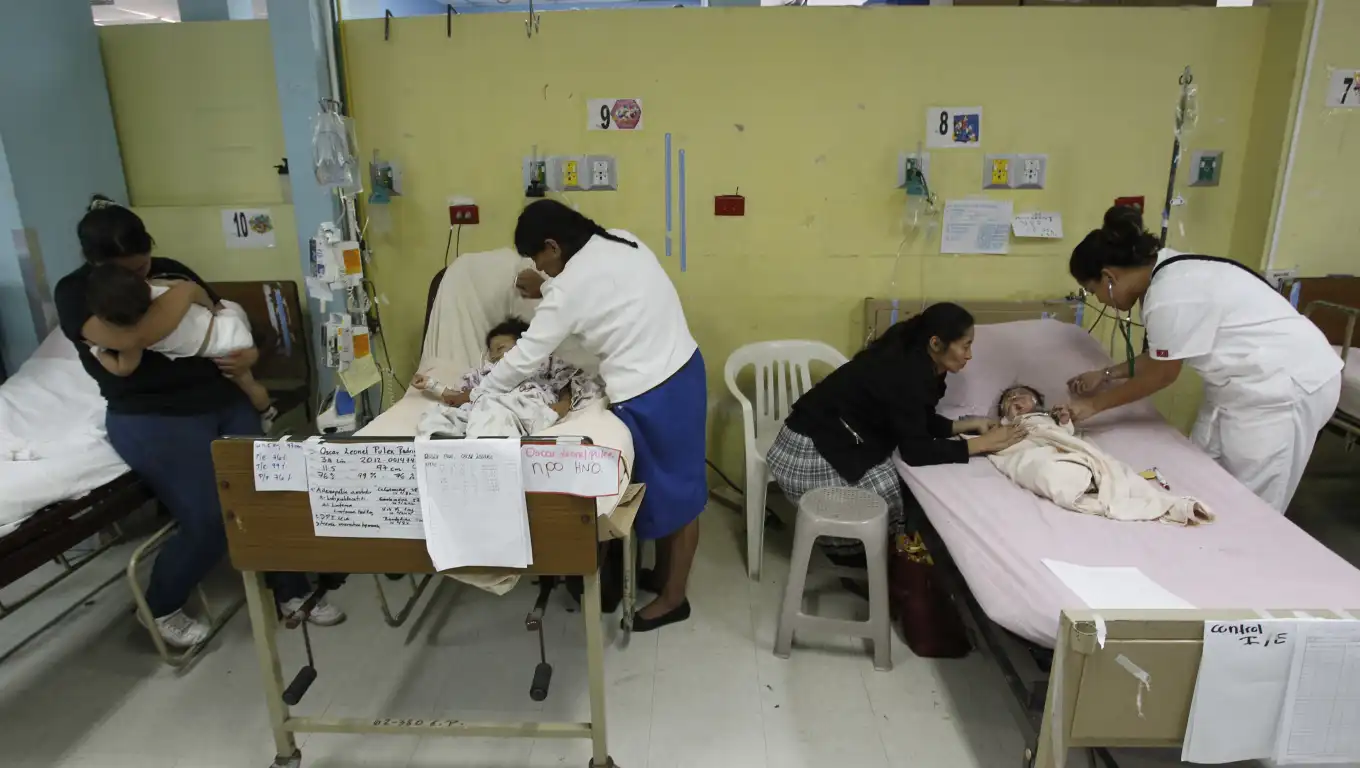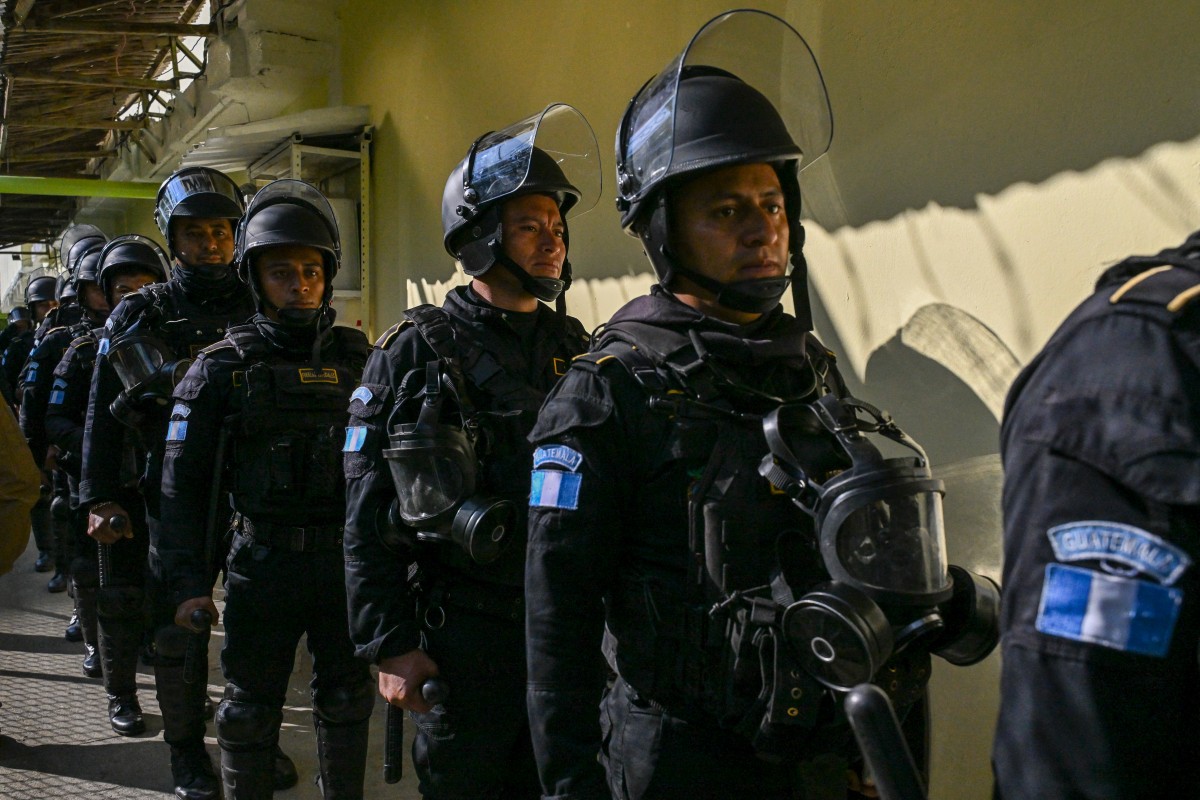Central America
Guatemala government repeals mandatory car insurance amid mass rejection

The massive rejection of mandatory vehicle insurance left the Guatemalan government with no choice but to backtrack on its decree. However, the government and the organizations involved in the protests will work on two additional points to strengthen road safety and provide financial protection to victims of traffic accidents, as reported by the central administration.
President Bernardo Arévalo announced, through a video posted on his social media, the repeal of agreements 46, 47, 48, and 49 of 2025 to end the blockades and restore normal mobility throughout the country. These agreements outlined the acquisition of insurance and penalties for motorcyclists, private vehicles, public transportation, and freight transport that failed to comply with the regulations. The measure was scheduled to take effect in May. “The necessary implementation of mandatory insurance for transportation has raised understandable doubts in many households, and these doubts add to the legitimate discontent that is causing frustration today. I understand these doubts, I understand this frustration,” the president stated.
In response to the protests, the Ministry of the Interior and the organizations committed to setting up a technical working group to discuss the regulations for implementing Article 29 of the 1996 Traffic Law, within a year. Additionally, “they will work on drafting a proposal for a general transportation law,” because the current legal framework is outdated for the different transportation modalities, both current and future, the president added.
“Let us remember that traffic accidents and fatalities are among the most tragic events for the people of Guatemala. Traffic accidents are the leading cause of death in the country, and we must work to change this reality,” he concluded.
Central America
Guatemala’s president denounces MP raids during Constitutional Court election

The president of Guatemala, Bernardo Arévalo, on Thursday accused the Ministerio Público (MP) of interfering in the process to select magistrates for the country’s highest court, the Corte de Constitucionalidad (CC).
Arévalo has been locked in an ongoing dispute with Attorney General Consuelo Porras, who has been sanctioned by the United States and the European Union and labeled by critics as “corrupt” and “anti-democratic” after efforts to block the president from taking office two years ago.
Earlier on Thursday, the MP said it was investigating alleged irregularities in the voting process and carried out raids at polling sites set up at Club La Aurora and Parque Erick Barrondo, in Guatemala City, where the Colegio de Abogados y Notarios de Guatemala (CANG) was electing its principal and alternate representatives to the CC.
In posts on X, the president described the operation as a “spurious” action aimed at “interfering” in the election and “intimidating” voters in order to “alter” the outcome.
Voting was temporarily disrupted by the searches, the frisking of the CANG president, and a power outage caused by the explosion of a nearby transformer. Once the process resumed and concluded, the association elected Astrid Jeannette Lemus Rodríguez as one of the five members of the Constitutional Court, with Luis Fernando Bermejo Quiñónez chosen as her alternate.
“They failed in their attempt to hijack the elections (…). Honest lawyers won,” Arévalo wrote in a subsequent message.
Central America
Guatemala to Phase Out Longstanding Medical Cooperation Agreement with Cuba

Guatemala’s government announced on Tuesday that it will end this year a cooperation agreement with Cuba that has brought doctors from the Caribbean nation to work in the Central American country.
Guatemala’s Health Ministry told EFE that the program, which has been in place for nearly three decades, will be phased out progressively throughout 2026.
According to the same source, there are currently 412 Cubans in Guatemala under the agreement, including 333 physicians.
Cuban medical brigades assigned to Guatemala have traditionally been deployed to various regions of the country to provide primary health care to local communities.
“The decision follows a technical assessment aimed at strengthening the sustainability of the national workforce and consolidating the public health system’s own capacities,” the Guatemalan ministry said.
Earlier this week, lawmaker Sonia Gutiérrez, from the left-wing Winaq party, warned that the move “could be an inhumane act that threatens the health and lives of the country’s most vulnerable populations,” given the historic importance of Cuban doctors in providing medical care.
For that reason, the legislator summoned Health Ministry authorities to Congress, as permitted by law, to provide further details about the decision.
Former human rights ombudsman Jordán Rodas Andrade also weighed in on social media, recalling that “for 27 years Cuban doctors have been the backbone of health care in Guatemala’s most neglected areas,” and stressing that “ending this agreement is an act of ingratitude that leaves the most vulnerable unprotected.”
President Bernardo Arévalo’s government told EFE that, in order to guarantee continued care, it will implement a gradual replacement plan that includes hiring national personnel.
Central America
Guatemala isolates Barrio 18 leader after attacks that killed 11 police

Guatemalan authorities have placed a leader of the Barrio 18 gang in an isolated cell without الكهرباء or “privileges” after he was accused of triggering a recent wave of violence that left 11 police officers dead, the government said on Sunday.
Members of Barrio 18, which is designated as a “terrorist” organization by both the United States and Guatemala, carried out the killings on January 18 in retaliation for the government’s takeover of three prisons that had been under the control of inmates linked to the group.
In response to the attacks, President Bernardo Arévalo declared a month-long state of siege, arguing that gang members were seeking better conditions in prison or transfers to lower-security facilities.
In a message posted on X alongside photographs, Arévalo announced the isolation of Aldo Dupie, also known as “El Lobo,” one of the gang leaders who allegedly directed the uprisings.
Images released by the government show Dupie inside a small cell with narrow windows, built from metal containers, in a secured area of the Renovación I prison in southern Guatemala — the same facility where the hostage-taking riot took place.
With a shaved head and a stern expression, the gang leader appears alone and in handcuffs, according to the photographs.
Guatemala’s prison system said the “new area,” protected by metal fencing and barbed wire, will house high-risk inmates who will remain without privileges or electricity.
-

 International4 days ago
International4 days agoOver 50 Civil Groups Urge House to Impeach DHS Secretary Kristi Noem
-

 International5 days ago
International5 days agoU.S. Health Department says CDC grants no longer match agency priorities
-

 International5 days ago
International5 days agoICE Arrests Reach 379,000 Under Trump, Testimony Shows Amid Minnesota Shootings
-

 International5 days ago
International5 days agoDespite homicide drop, overall deadly violence remains high in Mexico: study
-

 Central America4 days ago
Central America4 days agoGuatemala to Phase Out Longstanding Medical Cooperation Agreement with Cuba
-

 International5 days ago
International5 days agoSheinbaum Urges Mexico to ‘Jealously’ Guard Sovereignty at Air Force Anniversary
-

 International5 days ago
International5 days agoJet Fuel Crisis Hits Cuba: Flights Disrupted, Air Canada Cancels Services
-

 International5 days ago
International5 days agoMEPs Approve Plan That Could Fast-Track Rejection of Some Asylum Claims
-

 International3 days ago
International3 days agoHead-of-state diplomacy key to guiding China–U.S. ties, Beijing says
-

 International4 days ago
International4 days agoNew York’s New Archbishop Names Óscar Romero as His Favorite Saint
-

 International3 days ago
International3 days agoFlorida judge sets 2027 trial in Trump’s $10 billion lawsuit against BBC
-

 International3 days ago
International3 days agoTrump administration to end special immigration operation in Minnesota
-

 International5 days ago
International5 days agoMexico Rises Slightly to 141st in Global Corruption Perceptions Index 2025
-

 International4 days ago
International4 days agoExclusive Tucson Neighborhood Shaken by Disappearance of Savannah Guthrie’s Mother
-

 Central America8 hours ago
Central America8 hours agoGuatemala’s president denounces MP raids during Constitutional Court election
-

 International5 days ago
International5 days agoChile Unveils Latam-GPT to Give Latin America Its Own AI Model


























